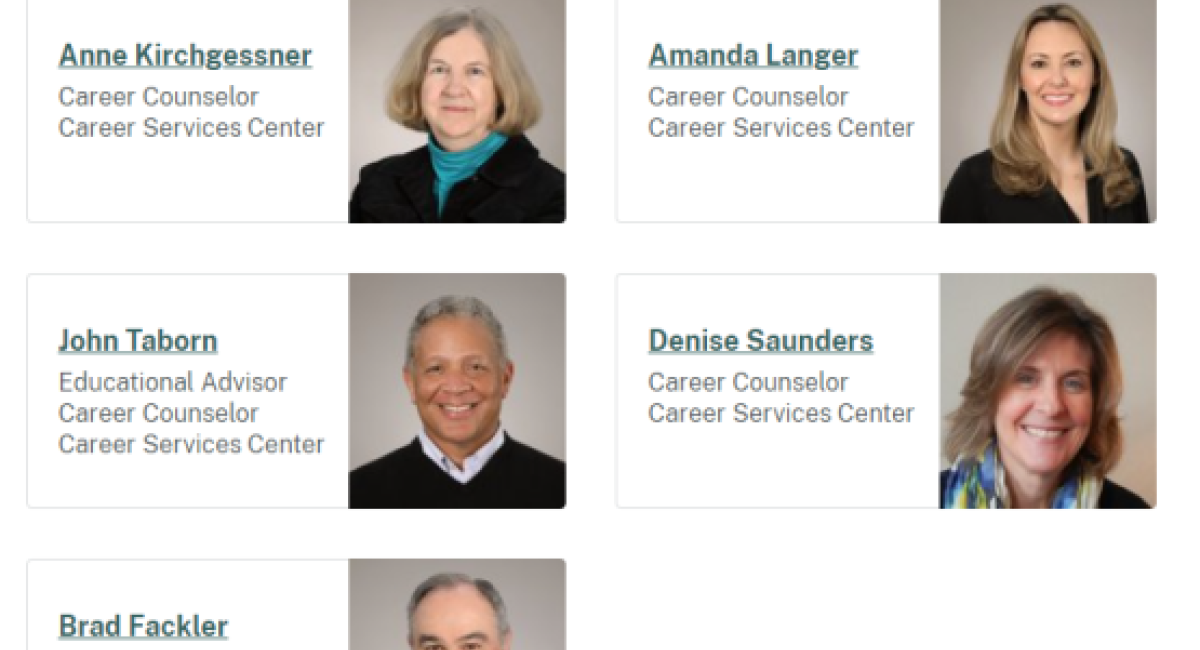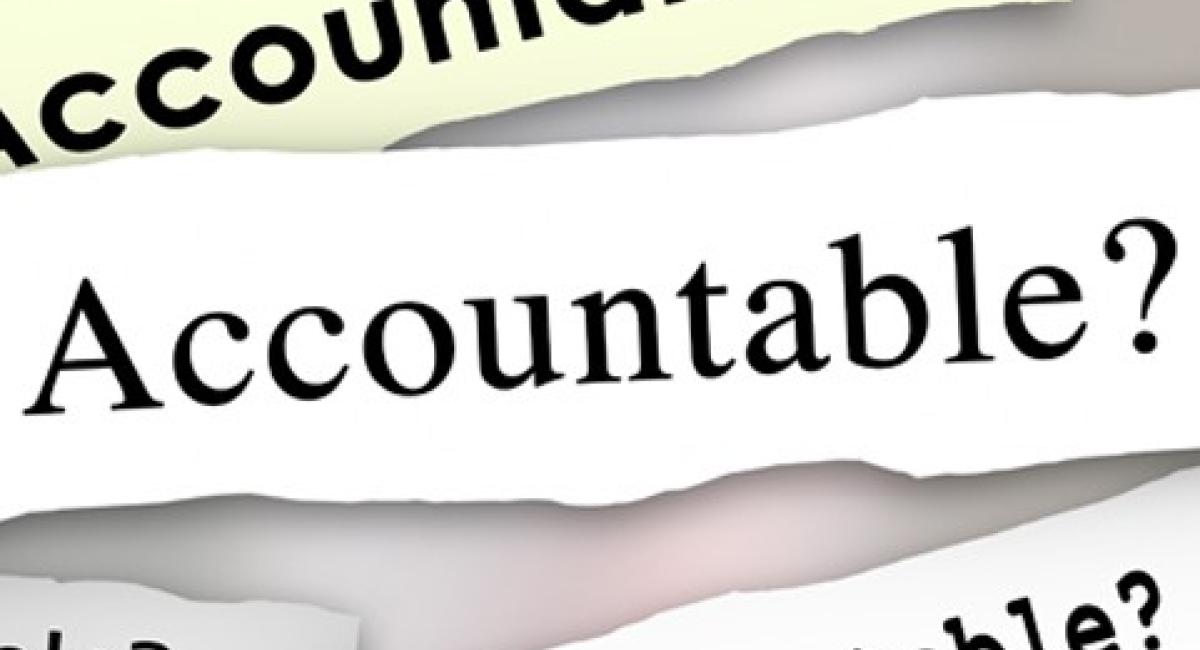Guest writer: Anne Kirchgessner, LCPC, NCC, Career Counselor
The Great Resignation
According to the U.S. Department of Labor, a record four million people quit their jobs in April 2021 spurring what many are calling the “Great Resignation”. Research by Microsoft’s 2021 Work Trend Index also showed that 41% of the workforce is considering leaving their employer this year.
Should You Include Your Address on Your Resume/CV?
Traditionally, an address was always included on a resume simply because physical mail was the main means of communication. Today, most hiring takes place online, so a full physical address often seems unnecessary. To be clear, you should always include your name and contact information on your documents, but many applicants are simply choosing to include their phone number and email.
PART TWO: Are You Tough or Resilient? How They’re Different and Practical Skills to Increase Your Resilience
By: Sara Hunter, Wellness Advisor, OITE
In last week’s blog post, we noted some key differences between being “tough” and being “resilient”. Here are some basic tips to begin to move away from the ineffective and exhausting patterns of toughness to help move you closer to a more resilient self:
PART ONE: Are You Tough or Resilient? How They’re Different and Practical Skills to Increase Your Resilience
By: Sara Hunter, Wellness Advisor, OITE
Interview Presentations – Top 5 Tips
Many trainees find themselves in the process of preparing for interviews which will require a presentation of their research. This is common for both academic and industry positions. A former NIH postdoc who successfully transitioned into an industry role shared some tips on how to nail your interview presentation.
Secondaries and Additional Assessments for Medical School Applications
Congratulations on submitting your application to medical school! Now that your primary application has been verified, the medical schools that you have selected will be sending you secondaries. Many of the schools will also request that you complete additional situational judgement tests to complete your application. Here is some general information to give you an overview of what to expect:
Secondary Essay Questions
Following Up After an Interview is Key – Use it Wisely
Many job seekers mistakenly think that after an interview, they should just sit back and wait. Unfortunately, your work is not done yet! You should always follow up with thank you notes after an interview. Hiring managers have reported that they have eliminated candidates who failed to follow up with a thank you because it demonstrated a lack of professional maturity and often struck interviewers as just plain rude. It is considered standard practice in the United States, so always try to send an email within 48 hours of your interview.
Opinion: Don’t Follow Your Passion, Follow Your Curiosity
Post written by guest blogger Ana Martins Ribeiro, Special Programs Coordinator in OITE.
Job Search Checklist
Job searches can be overwhelming and sometimes it is difficult to know exactly where to start. Resume Worded has put together a step-by-step checklist to help you stay organized and task-oriented. Here are the things you’ll need to think about when job searching:




